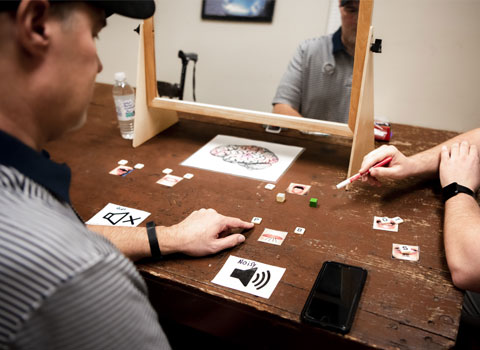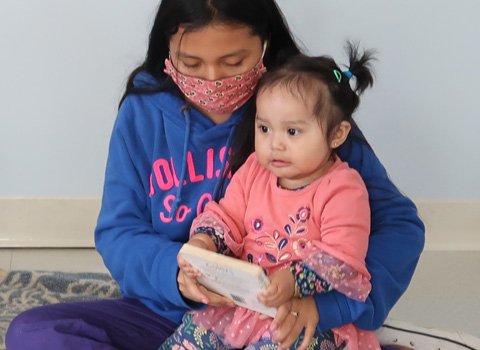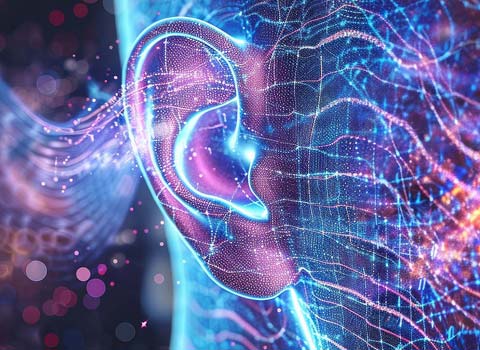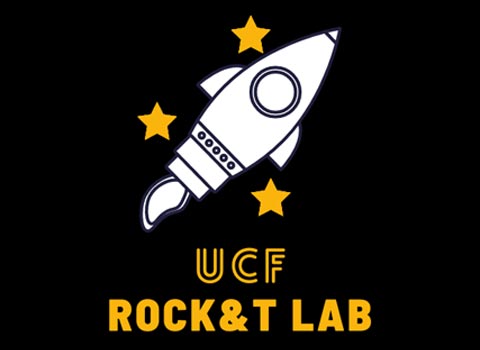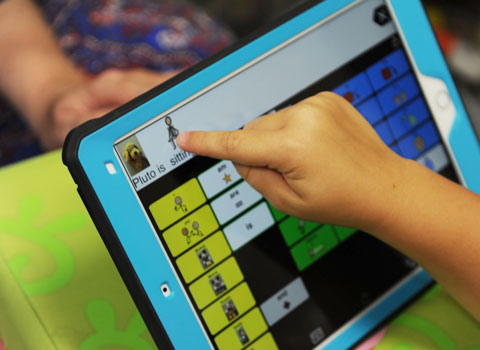
AAC Research to Practice Lab Collaborative
The AAC Research to Practice Lab Collaborative is a collection of research labs focused on translating research findings to practice and improving clinical outcomes for individuals with complex communication needs who require the use of augmentative and alternative communication (AAC) to meet some or all of their communication needs. The labs and their respective Principal Investigators are as follows:
Aphasia and Related Conditions Research Lab
Members of the ARC Research Lab at University of Central Florida conduct research to better understand the complex processing of speech and language and its breakdown in individuals with aphasia and apraxia of speech, develop new and explore effective treatment approaches, and examine variables that impact treatment success.
Communication Technologies Research Center
The Communication Technologies Research Center has three focal areas including voice and upper airway disorders, auditory neuroscience, and hearing technologies. Our voice research seeks to better understand the bases for dysphonia, the relation of perception to underlying physiology, and to develop improved assessment methods to facilitate diagnosis and treatment. Essential for voicing, our work also focuses on breath support for healthy voicing and airflow during voicing. We have a particular interest in affordable and accessible methods for evaluating vital capacity and airflow while voicing. The auditory neuroscience section focuses on understanding the neural bases of auditory perception in real-world complex acoustic environments and how that perception changes with age, cognitive function, hearing loss, and variable environmental conditions.
Early Language & Literacy Intervention & Education Lab
The Early Language & Literacy Intervention & Education (ELLIE) lab is focused on building the capacity of individuals working with young children experiencing language impairments and those considered at-risk. We develop and evaluated the successful implementation of evidence-based practices to support young children’s language and emergent literacy skills in naturalistic settings.
Examining Patient-Provider Language and Interactions in Healthcare (EXPLAIN) Lab
The Examining Patient-Provider Language and Interactions in Healthcare (EXPLAIN) Lab is dedicated to advancing health literacy and patient-provider communication through research, education, and interdisciplinary collaboration. Our mission is to improve healthcare accessibility, comprehension, and outcomes by studying and enhancing communication strategies for individuals with communication disorders (CSD) and those who experience challenges in accessing understanding and using health information.

Fluency Disorders Lab
The Fluency Disorders Lab focuses on applied research in the area of fluency disorders (such as stuttering, cluttering etc…). More specifically, Martine Vanryckeghem’s research is centered around evidence-based assessment, allowing for more accurate differential diagnosis. Basic to this approach is the investigation of the intrinsic components or the “view from within” the child and adult who is dysfluent. Towards this goal, Vanryckeghem has developed and researched nine self-report tests from the age of three through adulthood, that are standardized and have been normed in 30+ countries in different continents. As a follow-up to the assessment, her research has also focused on evidence-based treatment through systematic reviews and meta-analysis.
Reading and Oral Comprehension in Kids & Teens Lab
The primary focus of the ROCK&T Lab is to probe the language and cognitive underpinnings of written and oral comprehension challenges for children and adolescents with autism in order to develop targeted interventions. Intervention research will include peer-mediated as well as parent-facilitated comprehension strategy instruction augmented by evidence-based practices for students with autism.
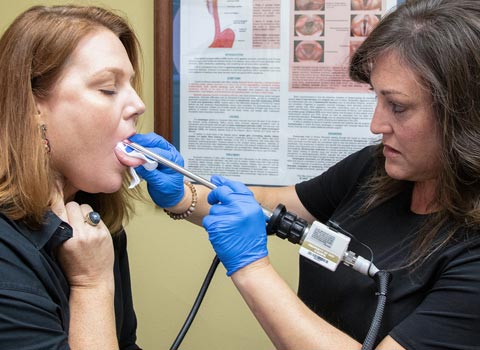
Voice Lab
The voice lab provides laryngeal imaging of the vocal folds and upper airway, acoustic, aerodynamic analysis of laryngeal function as well as respiratory and pulmonary assessment. We treat a wide variety of disorders from professional voices, to neurologic disorders (i.e. parkinson’s disease, ALS, MS, MG, stroke), aging voice issues, athletes (who develop breathing disorders), chronic cough, transgender/voice affirmation services, corporate voice, laryngeal cancer and head & neck cancer issues.

